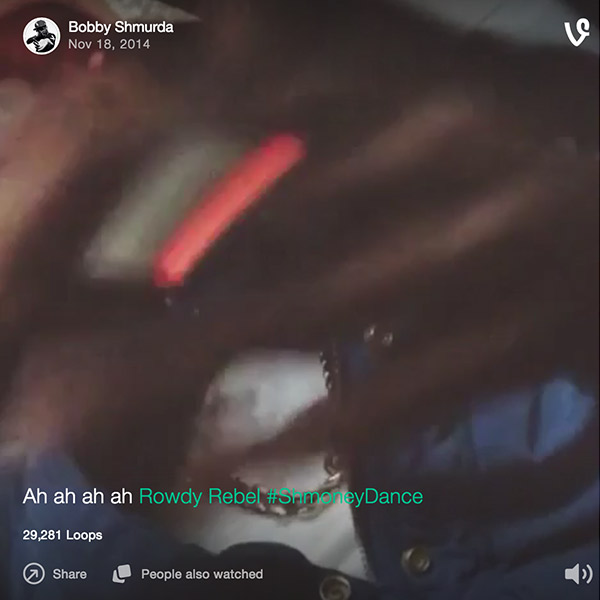
Manuel Arturo Abreu speaks to this kind of exploitation of the black vernacular in their essay "Online Imagined Black English". They make the case that black vernacular circulates online far removed from the people that created it. This method of cultural appropriation, or more accurately theft and erasure, is not new in American popular culture but is extended through the vehicles of technology, the internet, and social networking platforms. Non-Black Americans regularly borrow from the lexicon of Black American culture for their own interests, and the mediated space of the internet allows this to occur with even more ease. After entering the mainstream, words and styles that are borrowed from donor communities are then devalued, making them useless to the original creators. When these same cultural signs are performed by the originators, the users are socially confined and condemned based on their cultural background. The mobility of Black cultural signs is expedited by the internet, while political mobility of Black Americans is increasingly impaired.
The video from which the "Shmoney dance" meme originates is characteristic of the progression of gangster rap. Like his idols 50 Cent, Jadakiss and Uncle Murda, Bobby Shmurda comes from an underprivileged background where drug-dealing, violence, and jail time are eventualities that are expected to define one’s life. In all conversations surrounding Bobby’s rise to fame, the rhetoric implies that the trope of the gangster rapper seeking fame, wealth, and liberation from a life of crime is a familiar and admirable ambition. However, the position of poor Black Americans is considered alterable, not on a grand scale, but only in these instances. It is through an ahistorical and apolitical lens that economically disenfranchised Americans are encouraged to perceive life.